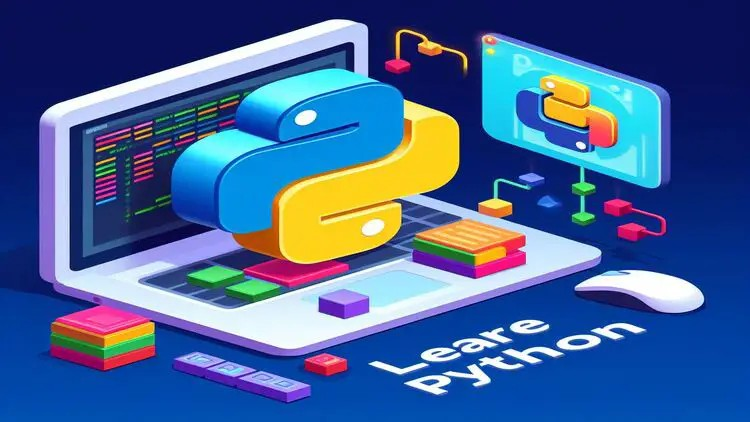Introduction: Python stands out as one of the most versatile and popular programming languages, catering to a wide range of applications such as software development, data analysis, web scraping, and machine learning. Regardless of your expertise level, mastering essential tools in the Python ecosystem is crucial for maximizing productivity and ensuring code quality. In this comprehensive guide, we'll delve into four indispensable tools that every Python developer should be familiar with.
1. Jupyter Notebook: Your Interactive Python Playground
Jupyter Notebook emerges as a powerful web-based Integrated Development Environment (IDE) beloved by data scientists, machine learning practitioners, and educators alike. Its versatility makes it an indispensable tool for various tasks:
- Experimentation Made Easy: Jupyter's interactive nature allows developers to run code snippets, visualize results, and iterate rapidly, making it ideal for prototyping and experimenting with algorithms and data.
- Documentation and Presentation: With built-in Markdown support, Jupyter enables users to add detailed explanations, create visualizations, and export their work in various formats such as PDFs or
.ipynbfiles, making it a go-to tool for teaching, reporting, and sharing insights. - Cloud Integration: Major cloud computing providers like AWS have embraced Jupyter, providing seamless integration with their platforms, ensuring its relevance and accessibility in the ever-evolving tech landscape.
2. Pip: Your Python Package Management Swiss Army Knife
Pip transcends its role as a mere installer, evolving into a robust Python package manager indispensable for any development workflow:
- Package Management Simplified: Leveraging the vast Python Package Index (PyPI) with over 393,000 projects, Pip empowers developers to swiftly install and manage Python software, streamlining the process of integrating third-party libraries into their projects.
- Environment Management: Pip facilitates the creation and management of Python environments, enabling developers to isolate project dependencies effortlessly and maintain a clean and organized development environment.
- Third-Party Repository Support: With Pip, developers can easily install packages from third-party repositories using URLs, ensuring flexibility and adaptability to diverse project requirements.
3. Visual Studio Code (VSCode): Your Lightweight Yet Powerful Code Editor
Visual Studio Code emerges as a free, lightweight, and feature-rich code editor that caters to the needs of Python developers, offering a seamless development experience:
- Versatility at Your Fingertips: With VSCode, developers can seamlessly build, test, deploy, and maintain Python applications without ever leaving the comfort of their coding environment, enhancing productivity and workflow efficiency.
- Feature-Rich Experience: VSCode offers a plethora of features including syntax highlighting, code auto-completion, Git integration, and in-line debugging, empowering developers to write clean and efficient code with ease.
- Extensibility Through Plugins: The extensibility of VSCode allows developers to customize their coding environment with a myriad of plugins tailored for Python development, ensuring a personalized and efficient coding experience.
4. Linters and Formatters: Your Guardians of Code Quality
Maintaining code quality is paramount in any software development endeavor, and linters and formatters play a pivotal role in ensuring consistency and adherence to coding standards:
- Black: As an opinionated code formatter, Black enforces consistent style and eliminates debates over code formatting, streamlining collaboration and enhancing readability.
- Flake8: Combining linting (via PyFlakes) and style checking (via pycodestyle), Flake8 offers a comprehensive solution for identifying and addressing potential issues in Python code, ensuring adherence to best practices.
- Mypy: With static type checking capabilities, Mypy enables developers to catch type-related errors early in the development process, enhancing code robustness and maintainability.
Conclusion:
Mastering these essential tools is paramount for any Python developer looking to elevate their skills and productivity. By incorporating Jupyter Notebook for interactive development, Pip for efficient package management, Visual Studio Code for a seamless coding experience, and linters/formatters for maintaining code quality, developers can streamline their workflow, collaborate more effectively, and deliver high-quality software solutions. Armed with these tools, embark on your Python development journey with confidence and enthusiasm. Happy coding! 🐍🚀

Comments
Post a Comment